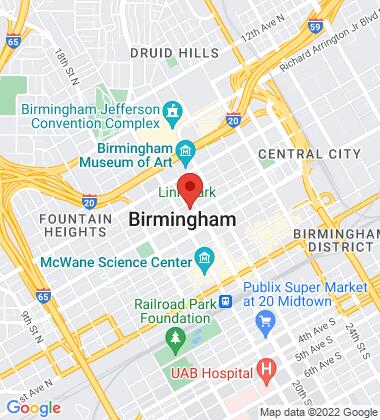Virtually every driver knows that if they’re under the influence while behind the wheel, officers will arrest them and have them take a breathalyzer test. A breathalyzer is a measurement device that detects traces of alcohol in a breath sample in order to provide law enforcement with a numerical indication of blood alcohol content level. This measurement is often the one used as evidence that’s submitted against someone accused of driving under the influence.
Breathalyzer technology has advanced rapidly and today’s machines are remarkably good at providing accurate blood alcohol content readings in a quick and non-invasive manner. However, breathalyzer tests are not the necessarily as authoritative or infallible as they might seem: there are plenty of ways in which their accuracy could be jeopardized, and these flaws could be crucial to your defense.
Mouth Alcohol
When you have a drink, you almost never feel its effects right away—it takes time for your body to absorb the alcohol and for the alcohol to start intoxicating you. However, if you take your first drink and then immediately take a breathalyzer test, you may be surprised to see just how high your results would be. This is because there are lingering traces of alcohol in your mouth which the breathalyzer machine detects and includes as part of your result. However, because this alcohol was in your mouth and not in your system intoxicating you, it is possible for a breathalyzer to indicate you were intoxicated while you weren’t actually committing any crime.
To compensate for this, law enforcement are usually required to wait about half an hour between placing you under arrest and then subjecting you to a breathalyzer exam. This usually gives all of the remaining traces of alcohol in your mouth time to absorb into your system and thus contribute to a more accurate number. However, this waiting period could also make the difference between you blowing under the limit and blowing over it. It’s important that you speak with a Birmingham DUI attorney about your arrest and let them work with you to determine if you can question the validity of the evidence against you.
Poor Calibration
As with any mechanical measuring device, calibration is key to accuracy. Breathalyzer tests need to be regularly maintained and calibrated in order to ensure they remain accurate and trustworthy when it comes to collecting evidence. That’s why the first thing DUI lawyers will usually do is request the maintenance and calibration records of the machine used to conduct your breathalyzer test. Any discrepancies with the machine’s maintenance routine or a calibration record that is incomplete or outdated could call the accuracy of your machine and thus all evidence it has collected since its last service into doubt, thus potentially causing the evidence collected against you to be thrown out.
Missing Certification
In order for a calibration or maintenance service to be registered as valid and reliable, it needs to be certified by appropriate authorities. However a single county can have hundreds or even thousands of different breathalyzer machines that all need calibration and service. Thus, obtaining certification and clearance can sometimes be difficult, and it’s not unheard of for authorities to take shortcuts.
There was a case like this in Colorado not too long ago where it was discovered that authorities were using outdated certifications and forging a certifier’s signature in order to get the clearance and put machines back into service. However, because there was no way of knowing whether or not the machines were ever properly cared for, the evidence against thousands of individuals accused of driving under the influence was thrown into question.
If you have questions about the validity of the evidence in your DUI case, talk to Tidwell Law Group, LLC by calling (205) 536-7770 today!

